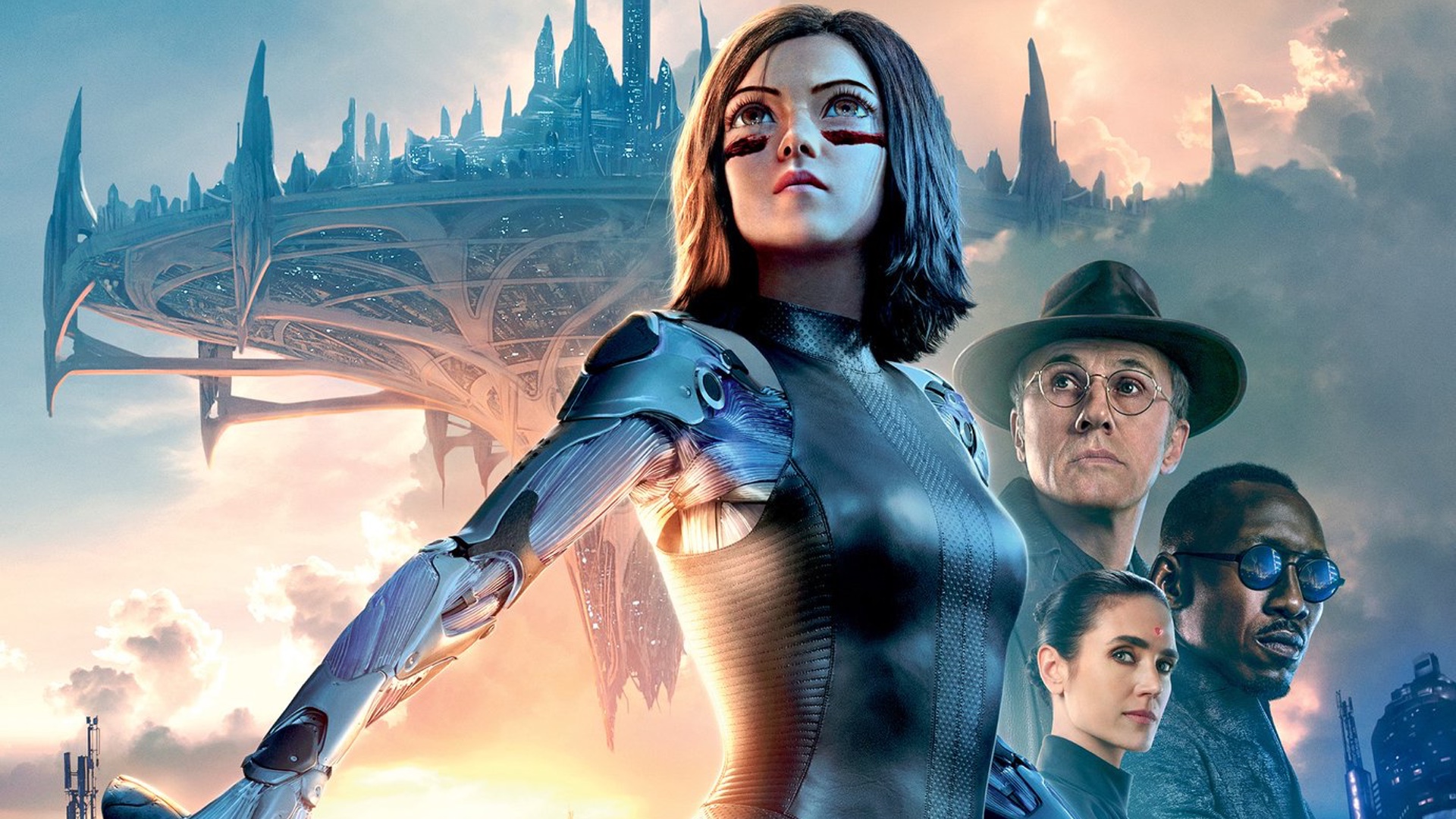
Here’s a scenario that’s oddly common. A filmmaker is tasked with bringing a popular property to screen, and given a budget roughly equivalent to the GDP of a small nation state to make it happen. They hire an A-list cast, labor over meticulously detailed production design, and employ a team of visionary VFX leads who, despite sky-high expectations and insane production schedules, somehow manage to elevate the state of the art with each passing year. Having assembled a Who’s Who of creative talent, they march lock-step in service of one goal: bringing to life the most corny, mediocre script money can buy.
Why is this? Why do we expect world-class results from every technical contributor, only to settle for writing that wouldn’t make the shelf of an airport convenience store? Is it a case of decision-by-committee—of a responsibility so heavy that the only way to bear it is to spread it translucent? Of too many hypothetical audiences to satisfy, their market quadrants iteratively rounding the corner of every bold decision? And even if we can explain away the risk aversion, why the other flaws? What quadrant is made larger, or executive producer happier, by half-assed dialogue and a nonsensical plot?
I may never solve this mystery, but Alita: Battle Angel stands as its latest casualty. Its source is an internationally beloved manga; its producers and director are genuinely great; it features multiple Oscar-winning performers in its cast; it is, according to virtually all sources, a labor of love. And that love is palpably visible on screen. The film’s visual style is wonderful, a Sci Fi cyberpunk skate park with welcome shades of Mad Max and Neill Blomkamp. Its action scenes, too, are a joy to behold: swiftly paced, graphic-novel stylized, and worthy of the biggest screen you can find. Alita is the sort of character who could only be brought to life in 2019, with eyes that defy the uncanny valley and moves that defy Newtonian mechanics.
Also defied, unfortunately, are basic plot mechanics. “You are the most human person I have ever met,” Hugo insists to Alita, and while it’s not inaccurate it’s a very low bar: when not being literal mouthpieces for an inevitable endgame, the people in this world make emotional 180s like it’s worth 3 points in Motorball. Hugo is by far the worst offender, existing only to: spout cringey platitudes, make implausibly poor decisions (comprising the only real “conflict” in the film), be vaguely fallen in love with, brush hair out of his eyes. He finally answers that eternal dystopian question: “What if half a girl fell in love with one tenth of a Jonas Brother?” But if Hugo’s arc is aggravating, he’s at least given time to trace it. Christoph Waltz’s Ido defines himself solely by a small set of principles, all of which he’ll abandon for reasons left entirely offscreen. Jennifer Connelly’s Chiren yearns for nothing but a Zalem we’ve never been taught to care about, until the precise moment the plot demands she stop. Mahershala Ali’s Vector is a slick villain who’s so good you almost forget he’s been given nothing villainous to do. Even Alita, the most human of them all, is granted at most a mumbled hero’s journey—the tone is familiar, but the words don’t make sense. She’s a “hero” without a single heroic motive, capable of shifting from “Be true to my heart” to “Rip it from my chest” to “Kill for sport” to “Send boyfriend on vacation” as the script demands. As I watched her tearfully learn her origin story for the third time in an hour, I couldn’t help but wonder if there had once been a “very human brain” at the core of this film—chopped and screwed in the editing room like so many macheted limbs.
Alita: Battle Angel is a legitimately dazzling achievement; and I’m rarely one to nit-pick over plot. But I thought this one really strained credulity. Chris and I talk Equilibrium, Elysian, and what’s under the under-city in Episode 543 of The Spoiler Warning.